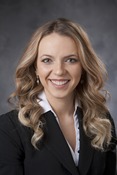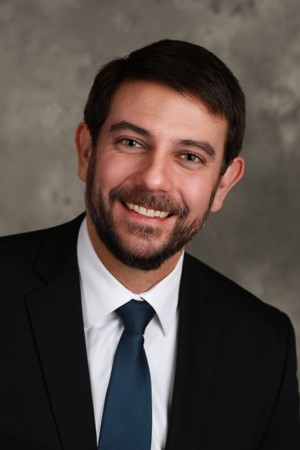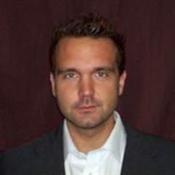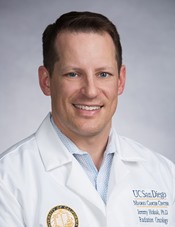Formalizing Professionalism Education: Shared Experiences with Medical Physics Trainees
I Vergalasova1*, J Wilson2*, M Price3*, J Hoisak4*, (1) Rutgers, Cancer Institute of New Jersey, New Brunswick, NJ, (2) Duke University Health System, Raleigh, NC, (3) Vanderbilt University Medical Center, Nashville, TN, (4) UC San Diego, Chula Vista, CA
Presentations
3:35 PM From Day 1 Through Graduation: Introducing and Instilling a Professional Mindset in Graduate Students for the Medical Physics Career Ahead - J Wilson, Presenting Author
3:52 PM Flattening the Learning Curve: Concise Coursework to Prepare Medical Physics Residents for Leadership - M Price, Presenting Author
4:09 PM Developing Professionalism Competencies in Therapy Physics Residents: An Experiential Learning and Systems-Based Approach - J Hoisak, Presenting Author
4:26 PM Audience Q&A - I Vergalasova, Presenting Author
MO-E-TRACK 1-0 (Monday, 7/26/2021) 3:30 PM - 4:30 PM [Eastern Time (GMT-4)]
Professionalism education is one of the six main categories required of CAMPEP-accredited programs. Often, professionalism is taught in an ad hoc manner or in the course of on-the-job training. Several graduate programs and residency programs have recently formalized professionalism education. This session will begin with an introduction of professionalism and how it’s taught in other allied health fields. Next, graduate and residency programs will describe their professionalism curricula and motivation for selecting topics, which vary widely from business acumen to communicating with patients. They will describe at least one way in which formalizing professionalism training has benefited their trainees and one way in which it has directly benefited the educational program. The session will conclude by discussing how professionalism training can be formalized and unified across Medical Physics.
Learning Objectives:
1. Present concrete examples of residency professionalism training and education currently incorporated by several medical physics programs
2. Discuss the advantages to trainees of formalized professionalism education
3. Discuss the advantages to programs of formalized professionalism education
Handouts
- 166-57602-15651646-171807-577082174.pdf (Irina Vergalasova)
- 166-57604-15651646-171598-822419369.pdf (Michael Price)
- 166-57603-15651646-171846-2004267813.pdf (Joshua Wilson)
- 166-57605-15651646-171235-1457848010.pdf (Jeremy Hoisak)
Keywords
Not Applicable / None Entered.
Taxonomy
Not Applicable / None Entered.
Contact Email







